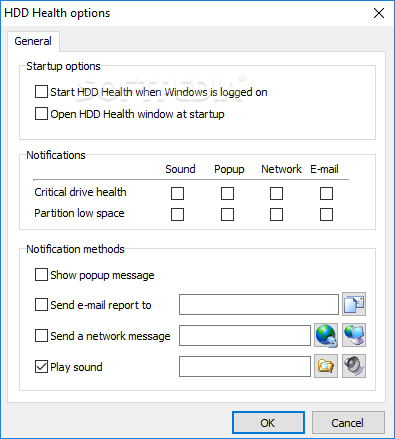- Dec 1, 2003
- 880
- 1
- 81
I’m building a server for a small law firm with 3 workstations. Its just a basic file server for Word and Excel files, QuickBooks and some other software that the law firm uses. This specific application does not demand performance but reliability, redundancy, and low-noise is a must. I’ve built many servers before but would appreciate any input on my hardware choices and concerns.
Case: iStarUSA D-213-MATX 2U
Power Supply: SeaSonic PRIME Snow Silent 550W
Fans: 2X Noctua NF-A8 PWM
Motherboard: SUPERMICRO MBD-X11SCM-F-O
RAM: Crucial 16GB DDR4 or DDR4 ECC Unbuffered
CPU: Intel Xeon E-2124 or Core i3-9100
CPU Cooler: Noctura NH-L12S
Hard Drives: 2x desktop drives reused from workstations in RAID 1
RAID: Hardware, Inter eRST or Windows
I want to install Samsung 970 Pro NVMe drives into the workstations and reuse the 500GB desktop hard drives for a RAID 1 setup (I may use a 3rd drive as a hot-spare). I never messed with software RAID because of reliability concerns. In the past I’ve use controllers from Areca, LSI and Adaptec. I want to be able to put the drives into another system should the motherboard fail. I heard that is not possible with software/firmware RAID. All of the hardware RAID controllers are $300+ except for the HighPoint RocketRAID 2720A which is a brand I am reluctant to mess with. The motherboards supports Inter Enterprise Rapid Storage and I can also do software raid with Windows Server 2019 AFAIK. Will there be a significant performance hit if I do not get a dedicated controller? I would also like audible alerts if a disk fails and I would like the RAID software to send out e-mails to me alerting me of a disk failure. Please advise: Hardware $300+, Hardware HighPoint, eRST, or Windows Server 2019 RAID and why? Also, Is the CPU adequate for software RAID.
Case: iStarUSA D-213-MATX 2U
Power Supply: SeaSonic PRIME Snow Silent 550W
Fans: 2X Noctua NF-A8 PWM
Motherboard: SUPERMICRO MBD-X11SCM-F-O
RAM: Crucial 16GB DDR4 or DDR4 ECC Unbuffered
CPU: Intel Xeon E-2124 or Core i3-9100
CPU Cooler: Noctura NH-L12S
Hard Drives: 2x desktop drives reused from workstations in RAID 1
RAID: Hardware, Inter eRST or Windows
I want to install Samsung 970 Pro NVMe drives into the workstations and reuse the 500GB desktop hard drives for a RAID 1 setup (I may use a 3rd drive as a hot-spare). I never messed with software RAID because of reliability concerns. In the past I’ve use controllers from Areca, LSI and Adaptec. I want to be able to put the drives into another system should the motherboard fail. I heard that is not possible with software/firmware RAID. All of the hardware RAID controllers are $300+ except for the HighPoint RocketRAID 2720A which is a brand I am reluctant to mess with. The motherboards supports Inter Enterprise Rapid Storage and I can also do software raid with Windows Server 2019 AFAIK. Will there be a significant performance hit if I do not get a dedicated controller? I would also like audible alerts if a disk fails and I would like the RAID software to send out e-mails to me alerting me of a disk failure. Please advise: Hardware $300+, Hardware HighPoint, eRST, or Windows Server 2019 RAID and why? Also, Is the CPU adequate for software RAID.



